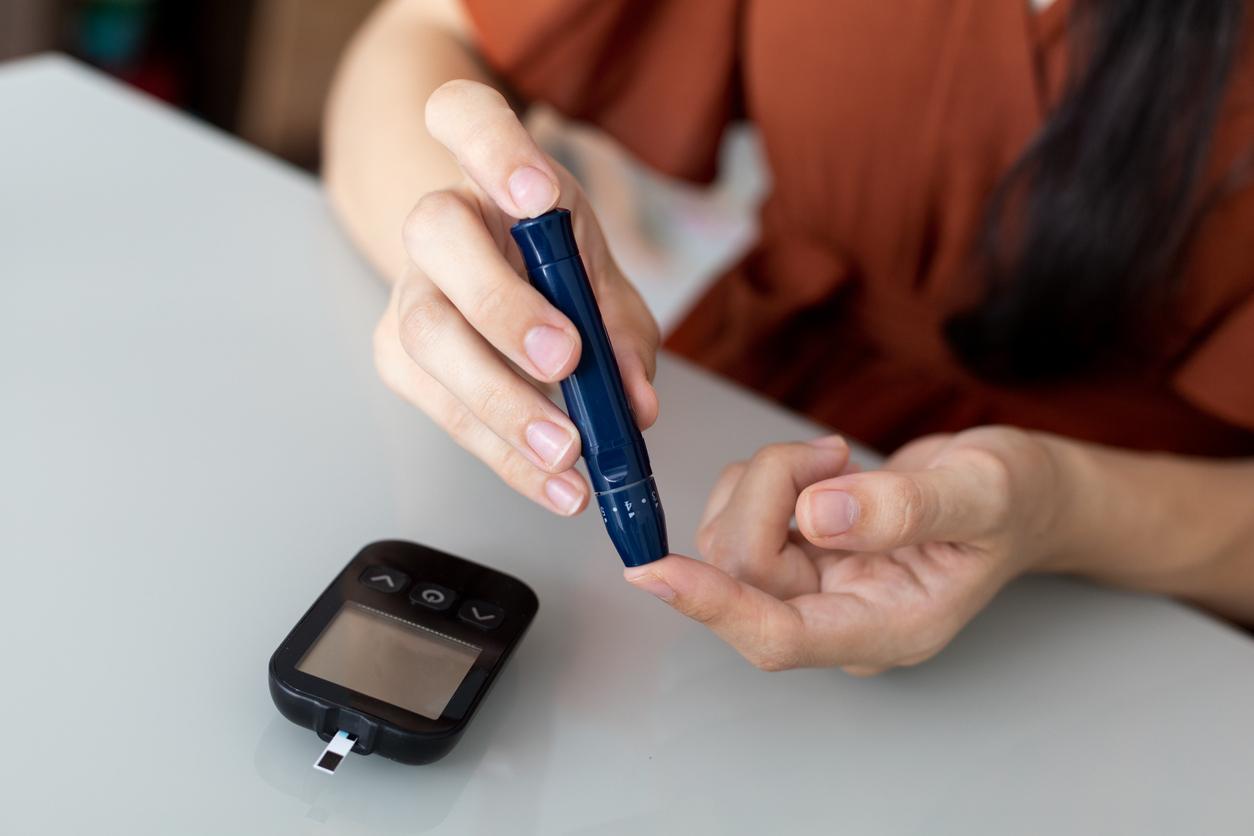According to a study published Thursday by the British medical journal The Lancet, the death rates observed in some 20,000 UK patients followed for almost 10 years were similar whether or not their diabetes was tested. Aged 40 to 69 years (an average age of 58 years), these patients were all at risk of Type 2 diabetes (the most common diabetes). These patients were regularly followed by 33 doctors in Great Britain and were divided into three groups: an unscreened control group, a screened group undergoing routine treatment, and another screened and treated more intensive.
For 10 years, data for these three patient groups was collected by the National Statistical Offices of England and Wales. And for Dr Simon Griffin, the Cambridge University epidemiologist who led the study, screening for type 2 diabetes in patients at risk “was not associated with any decrease in mortality from cancer, cardiovascular disease or diabetes. “The benefits of screening appear to be limited to individuals who already have signs of the disease.“, he adds.
Diabetes: Are there limits to screening?
Asked by AFP, Professor Patrick Vexiau, head of the diabetology department at Saint-Louis hospital in Paris, was very skeptical about the results of this study, which mainly involved patients of the Caucasian type and well-off social condition. He points out that the populations studied are not representative of the entire British population, the prevalence of diabetes being more important among people with an immigrant background. He also notes that the study speaks only of mortality and not of complications related to the disease.
“This is dangerous because one might draw the conclusion that screening is not useful“, he adds.
France, following the recommendations of the High Authority for Health, carries out targeted screening for type 2 diabetes in people over 45 years of age with at least one risk factor (obesity, arterial hypertension, cholesterol, family history) ,. Screening results in a blood sugar test with an empty stomach.


















